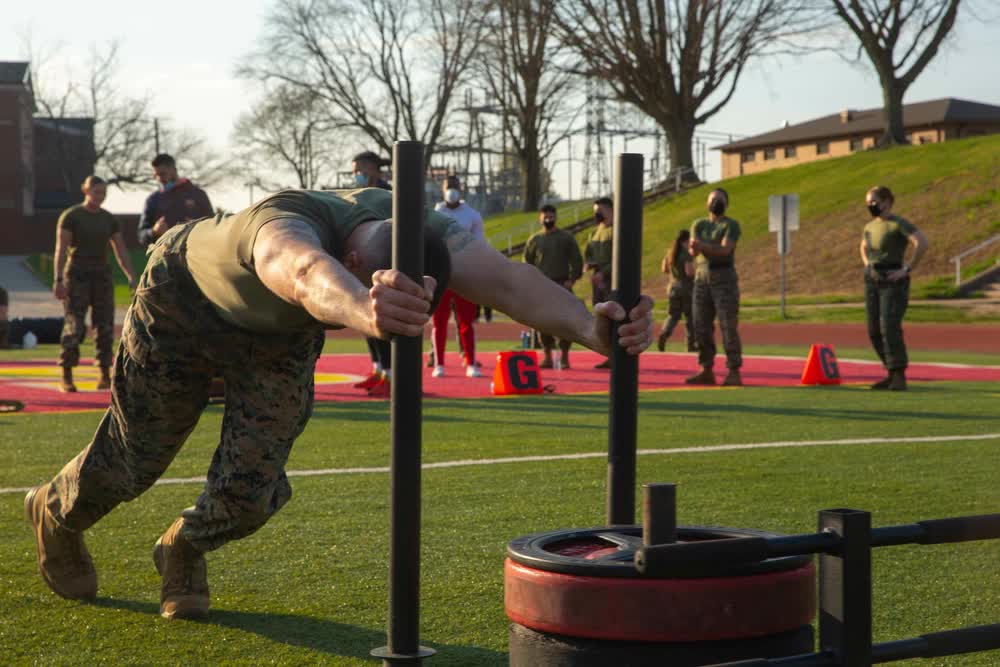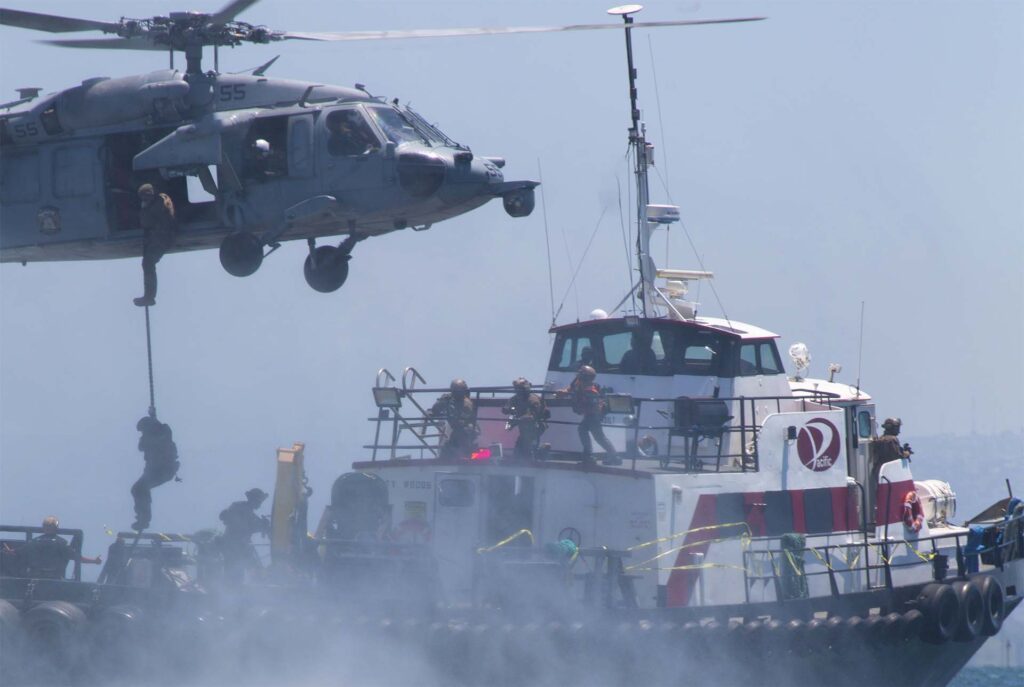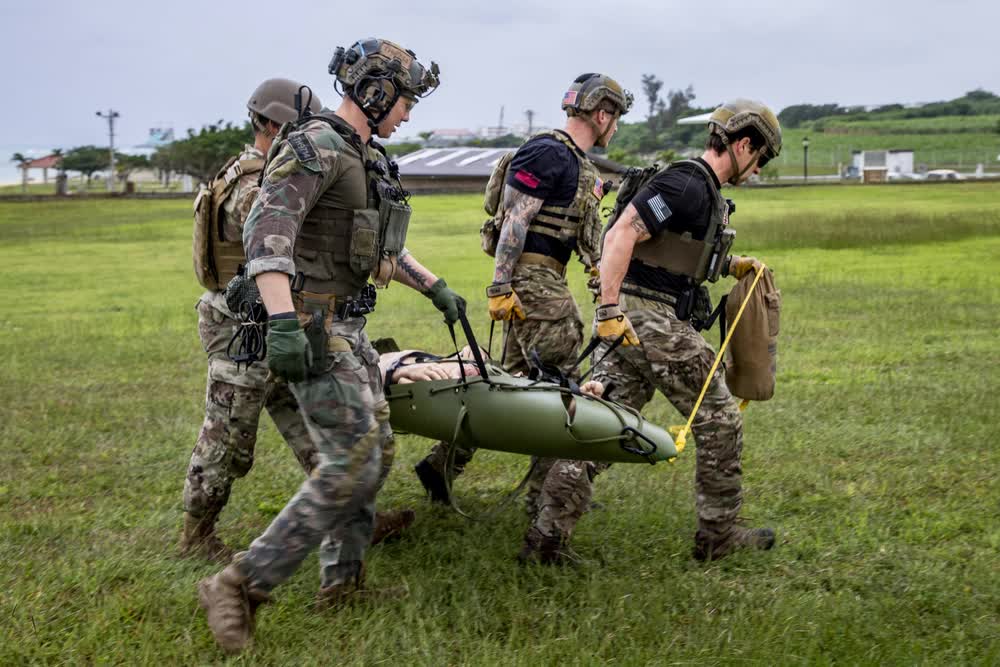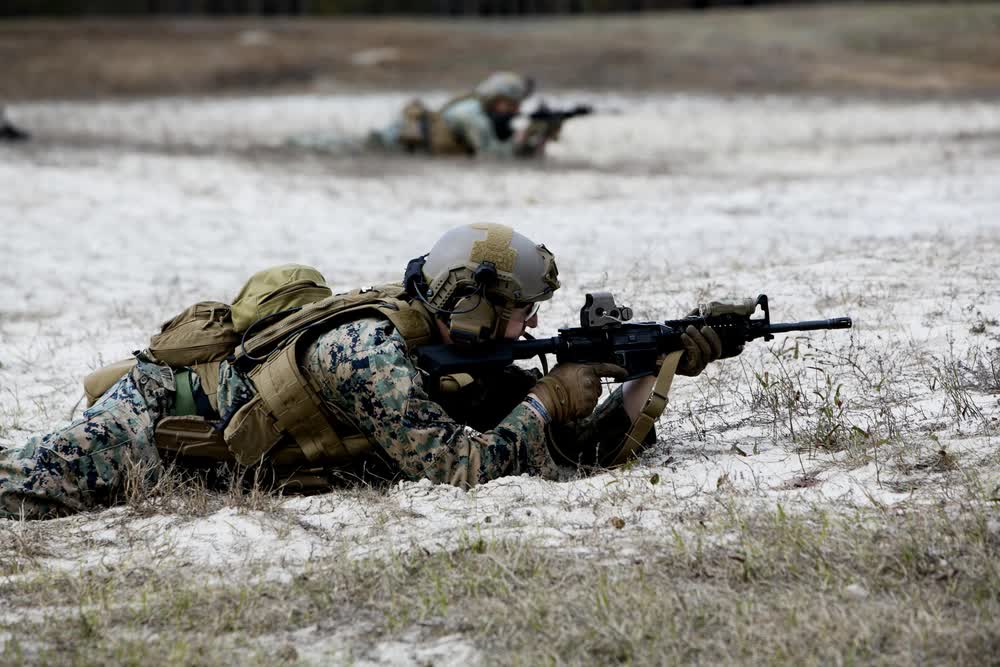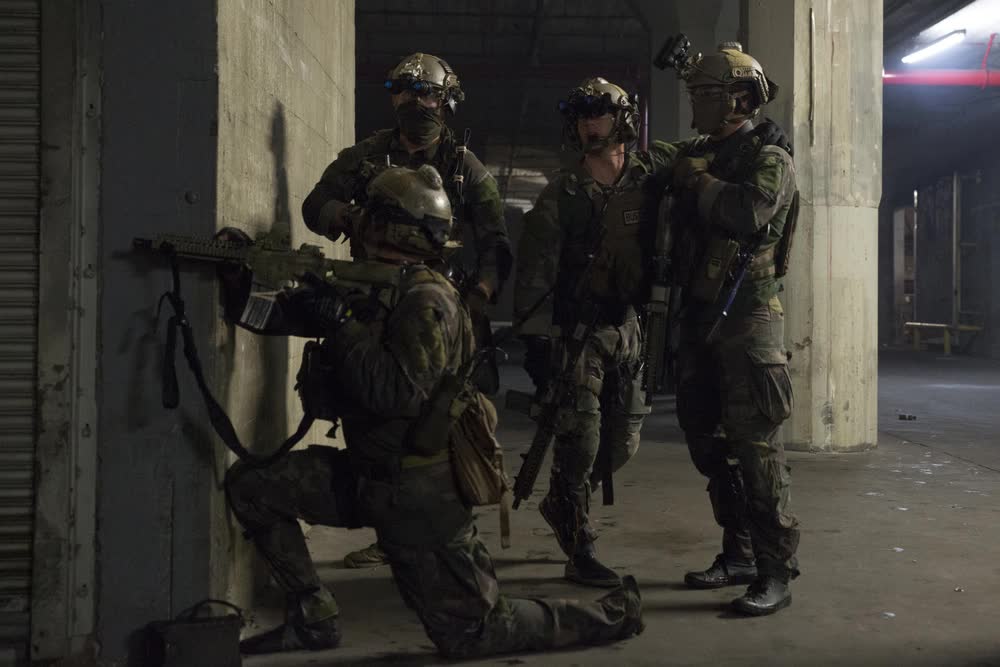Editor’s Note: This article was sponsored by the Marine Corps Special Operations Command (MARSOC) and contains content developed in collaboration with their team.
The single most important thing a prospective candidate for a special operations unit can do is to prepare physically. Physical strength, stamina, and endurance are the bedrock of success in any special operations selection program. To be sure, mental fortitude is also important. But even the strongest will can’t withstand extensive physical abuse and perform – special operations selection programs, after all, require candidates to perform at an increasingly higher standard and not just survive the process.
Preparing to join the elite ranks of the U.S. Marine Forces Special Operations Command (MARSOC) is no different.
Special operators use a staggered approach to training and those who seek to succeed in MARSOC, need to learn how to walk before they run.
The physical preparation for MARSOC selection should follow a tiered program that includes strength training, cardiovascular stamina, and muscular endurance. Rucking, running, swimming, calisthenics, and weight training are all essential components of a balanced and successful preparation program for MARSOC. Besides creating a well-rounded tactical athlete, these elements work to condition the body and protect it from injury during high-stress scenarios. A physical “beast” who is prone to injuries won’t go far.
Although it might not seem immediately evident because of the high attrition rates, MARSOC wants those who apply to join its ranks to succeed. The Command spends valuable time and resources to ensure that its Critical Skills Operators downrange get the best possible colleagues. To that effect, MARSOC has created a 10-week physical preparation program to prepare potential candidates for the rigorous Assessment & Selection and the follow-on Individual Training Course. Free and available to all interested, the guide is divided into four chapters that cover proper warm-up techniques, calisthenics, post-workout regeneration, hydration, and nutrition.
Related: What MARSOC tests in its Assessment and Selection
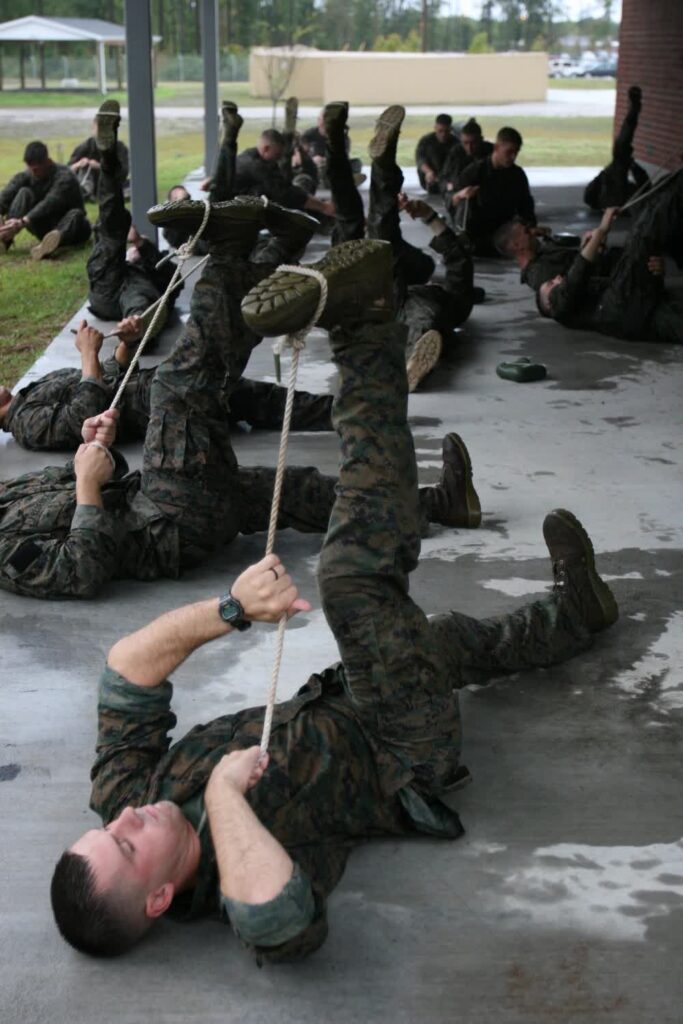
The guide’s focus on recovery isn’t accidental. Physical training is a holistic process that includes more than lifting weights or running fast. Indeed, training damages your body and after a rigorous session, your muscles suffer micro-tears. To heal and become stronger, these micro-tears require proper nutrition and hydration. Proper post-workout nutrition and rest ensure that your body will not only be repaired but become stronger and faster.
The detailed 72-page physical preparation program breaks down dozens of exercises, explaining their usefulness and how to best perform them. Moreover, the physical preparation program comes with a detailed strategy that gradually improves a candidate’s physical strength, stamina, and endurance leading up to the start of Assessment & Selection.
Preparing for Assessment & Selection is no easy feat. It takes weeks and months of daily hard work on and off the gym to get ready. But as with any warfighting task, the more you sweat in training, the less you bleed in war.
MARSOC’s mission is to recruit, train, sustain, and deploy scalable, expeditionary forces worldwide to accomplish special operations missions assigned by U.S. Special Operations Command. To accomplish that, MARSOC equips and trains Marines to succeed in austere conditions against a wide range of adversaries in competition through conflict. Marine Raiders execute complex, distributed operations globally in uncertain environments, achieving silent success and strategic impact. For more information visit www.marsoc.com.
Read more from Sandboxx News
- The Marine Corps is entering the future with these battlefield robots
- Learn more about MARSOC’s Special Operations Combat Service Specialists
- 5 futuristic military technologies that will shape the battlefield
- Why America never sold the F-22 Raptor to foreign countries
- The fighter jet that got Pepsi sued is approaching retirement
